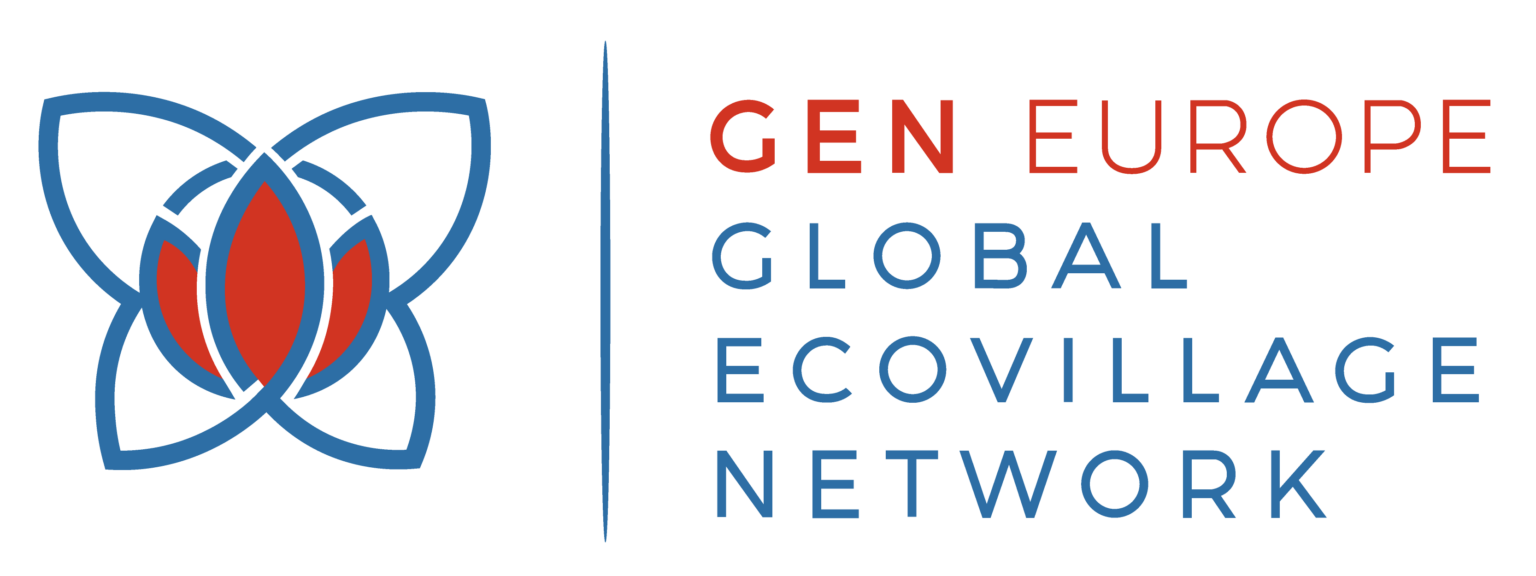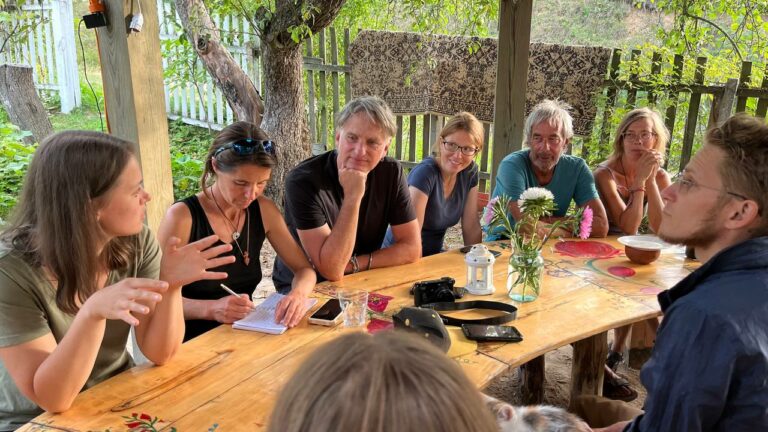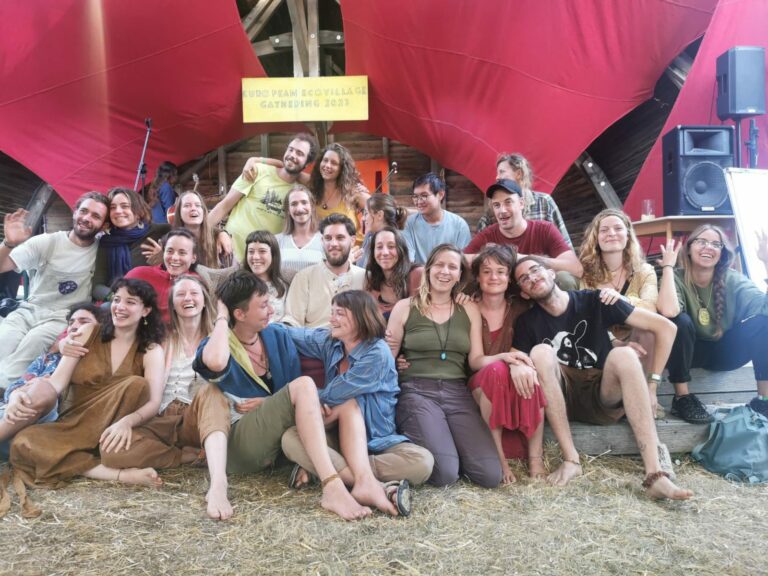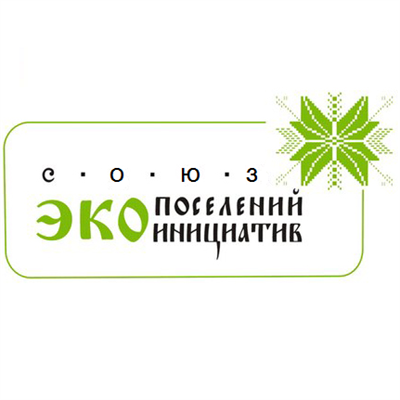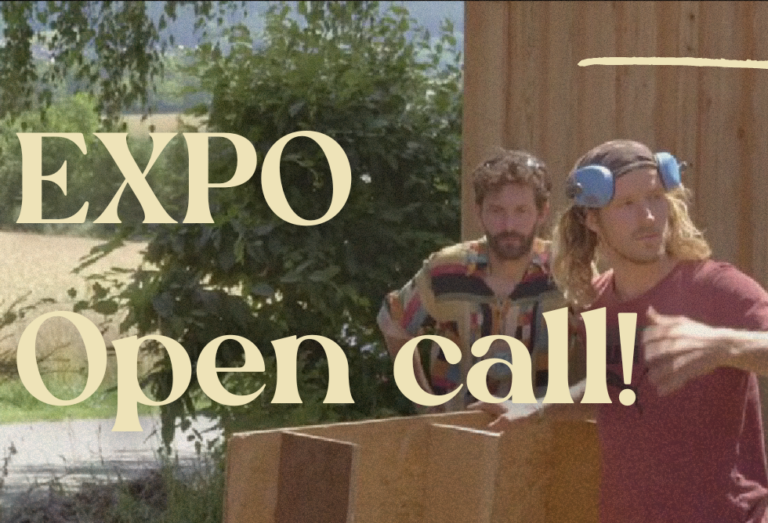Letters from Ukraine II: Faith in the Future
We are in close contact with members of GEN Ukraine as they mobilise to support refugees by providing shelter in the country’s many ecovillages, permaculture projects and other eco-settlements. We will be publishing translated updates we receive from Maksym Zalevskyi, president of GEN Ukraine, who is spearheading the mobilisation. If you wish to support GEN Ukraine’s Green Corridor project, which is creating safe spaces in ecovillages for people to stay or rest on their path to the border, you can do so here.
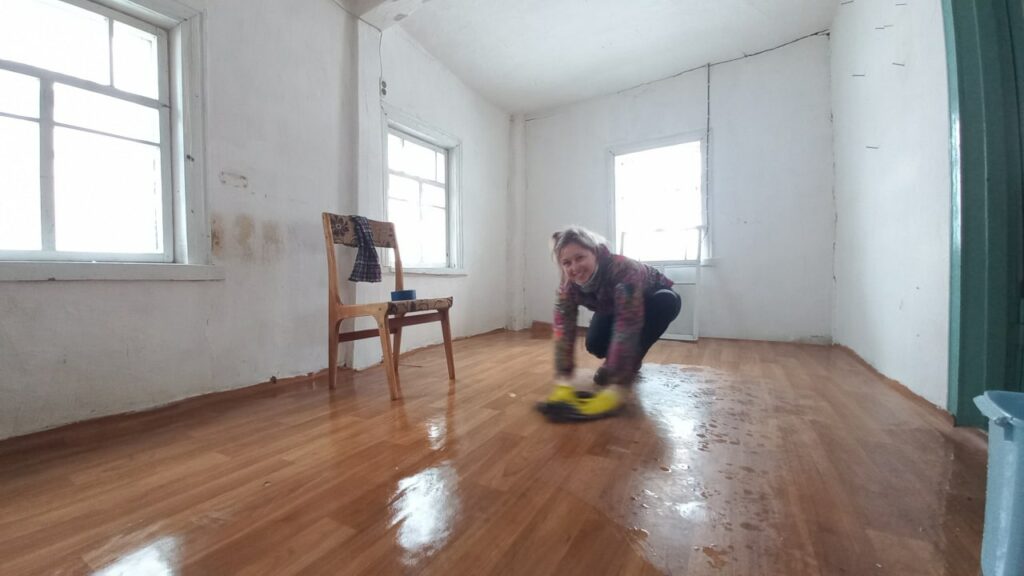
It’s not easy to look ahead. Despite all the horrors of destroyed houses and shattered people’s lives. We need to keep our heads cool and prioritise each single case, each situation. Because we’ve taken on this mission of sheltering people.
The sense of guilt.
Present, every morning. You feel like you aren’t hurt deeply enough by the pain of each person. Like you don’t pay enough attention to their needs. You have to prioritise the main goals from the everyday acutely emotional ones. You distance yourself trying not to make careless steps.
Some people say thanks and some don’t have enough time.
Somewhere I lost my temper and helped directly without contacting the coordinators. Although sometimes it’s necessary too. Because that’s how you can feel, identify the ultimate need better.
Identify the need.
That is the main goal and task! Not only of each individual, but of ten or even dozens of people in each community. What are their real necessities other than boots and mattresses?
Oh no – everything is OK, that’ll do.
We have everything we need. That is the worst phrase, and you hear it the most frequently. You have nothing! That is what I am so eager to shout. Where are your dreams! What is next! What would you really like to do?
Sure, it is not the best timing to think about it during the war. But it happened that way, so we need to deal with that exactly now. Such a deep crisis is the best time to think about it.
We shelter people in the ecovillages. People are staying and they have nowhere to go. We make lists. We ask to fill the questionnaires.
The most productive in this, strange as it may seem, are the entrepreneurs-household owners. They are the real win if you have one. They easily adapt to scaling. You won’t scare them by the amount of humanitarian financial aid. They keep everything organised. They have warehouses, transport, everything you need for rapid support, logistics and process organising.
🌱 What’s next
We are looking into the future despite that all. We have the spring season of gardening and agriculturing ahead of us. Gardening is the best therapy and also a way to keep the sheltered people busy.
We were reached by UNDP saying our ecovillages and centers of permaculture are the best location to involve the refugees and provide food security. What are your needs?
Our needs are great .
We need greenhouses, Mittleider gardening houses, two-wheel tractors and their parts (cultivators,mowers,trailers etc). Row seed drills, drip irrigation systems, drying cabinets, food preservation equipment, blenders, packing tools for grains, beekeeping tools (honey extractors, honey creaming machines, honey packing equipment etc).
We also need building tools such as accumulators, cement and solution mixers, woodworking machines (thickness planers, bench grinders, sanders, planing machines, miter saw) and possibly a welding machine.
That was written by Kolya Fedorovsky and it was not generalised.
Danish people are telling us – ask for it. And you’ll have it. The only thing left to do is to learn to ask, dream, let yourself desire.
We also need to provide new homes with kitchen equipment, shower cabins and main living necessities. Life prospers with a decent environment. People will not seek life in Poland but will choose to stay in our ecovillages.
🏡 Three problems of ecovillages
I named them during the winter gathering: lack of people, lack of financing and lack of coexistence culture.
Normal community functioning requires more than 3-5 living households. The war, as it happened, fixed this age-old problem. Each village now has more than 30 people and that solves the first problem.
People are adapting to the stress of war after the 20th day and ready to take action. They need to be involved in the common work. That includes preparing homes for newcomers, new agricultural season. They are not guests anymore, they are full community members.
A new question arises. Provision of resources. That is why we actively demand plans, lists, stages of those plans realisation. We have no time, we must shelter new people.
At the same time we need to plan the cultivation process. We have enough land. We need greenhouses, seeds, gardening tools and their components. Oil, generators,everything should work. No standing, no waste of time.
We need to create functioning logistics. And deeply understand everything. Calls and calls again.
Because somewhere a mom with kids is still recovering after the shock, some places are heavily bombed and the only wish there is to survive, and somewhere the agricultural season is in bloom. We mustn’t push too hard where it’s not needed. Listen. Hear. Support. Give hope that the best is yet to come
That spring will come. Peace will come. That our forces have almost pushed away the bastards that were shelling the residential areas.
There is a great wish to create retreat centers in the ecovillages. To put out the domes for yoga and meditation. With wonderful views that we have plenty of in our ecovillages.To provide the help of psychologists and mediators. To shelter each one and to hug. To give the opportunity to plant the seed and to listen to a bee. To feel nature ‘s awakening and rebirth.
To give hope everything will be alright.
But who are we to provide all of the above. It’s not the best time. There is always a question of self-esteem beside the sense of guilt.
Everybody learns. So do we. And we will do our best.
